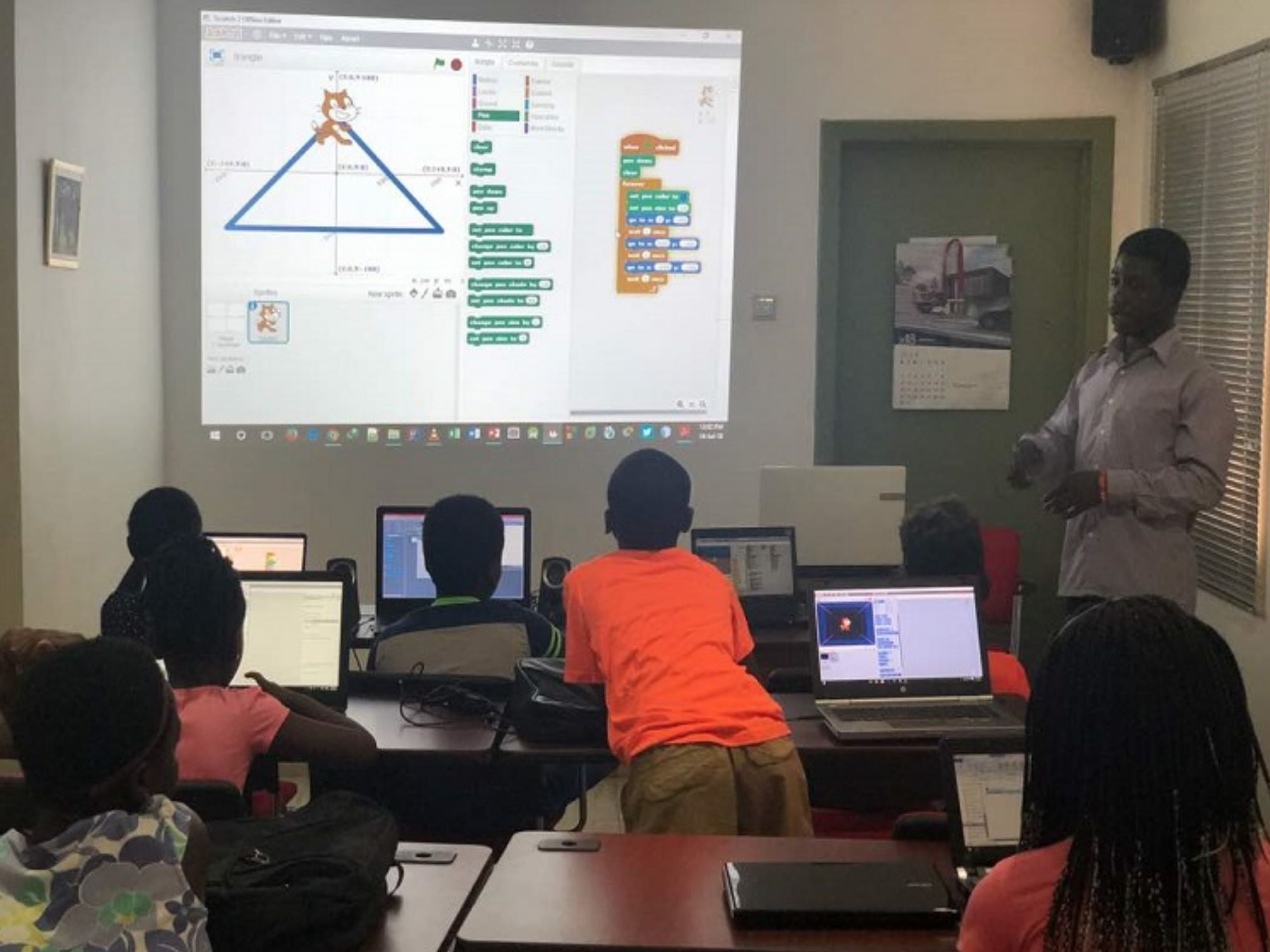Introduction
The world has gone digital, and across all industries the benefits of this transformation are being exploited to the maximum. The need to conduct business across the Internet, the benefits of automating processes, and the necessity to gather intelligence from data, among others, have made digitalization even more compelling. The invisible hand behind this revolution is coding – a popular term used to refer to computer programming.
It is noteworthy that coding is no longer a preserve of the computer scientist. For instance, the quest to make all things intelligent by embedding sensors, eventually ushering in an Industrial Internet of Things (IIoT) as a key part of Industry 4.0 means that every technology area is now impacted in a way by computing. New opportunities are opening which will ride on the wings of coding. Lacking such skill will put the 21st century technology-job-seeker at a disadvantage.
Besides, industries are either being transformed or disrupted. The only way to survive then becomes business model reconfiguration which may involve introduction of new technologies necessary for diversification. A typical example of this is in the Telecommunications sector where voice revenue has dwindled significantly, and data is seen as the cash cow and a survival machinery. Selling data effectively to meet new human needs have necessitated developing new services such as Mobile Money, Bills payment, enterprise solutions and other novel services. At the same time, new ways such as deploying Self Organizing Networks (SON) through which some jobs are automated to cut down on operational cost have been introduced in many networks.
Furthermore, vertical integration has disintegrated, giving rise to new entities such as Towercos, Content Providers, Value-added Service Providers, Managed Services operators, to mention just a few. Additional reduction in cost and efficiency are being driven by the use of cloud computing, machine learning and artificial intelligence. These are reducing labour force and giving opportunity to those who can work with these new systems. The bare truth is that all these new systems are driven by computer programming or coding and only those who have prepared themselves can seize these emerging openings.
Looking at it more widely, developing coding skills is a must for a society that aspires to become a producer of ICT products and services instead of being a consumer (user of tools developed elsewhere). Countries such as the US, UK and India have become exporters of ICT products and services because they have invested in the development of such skills. In India, for example, coding starts from a very early stage in their educational curriculum. Consequently, they are rather focused on application and advanced knowledge when they get to the university level.
Building a cadre of professionals that are poised to take up jobs in emerging areas such as Big Data, Analytics, Machine Learning, Internet of Things, and Software Defined Networks, require a careful orchestration. Until we adopt the ‘look-ahead strategy’ of determining which jobs are going to define the course of the future and preparing our workforce for it, this revolution may as well elude us as a nation, leaving us to gather the pieces just as other revolutions have done to us.
For this goal to materialize, we need to start from an early stage in our educational curriculum. Firstly, training the teachers who can impact coding knowledge with hands-on. It is not possible to give what you do not have. There must be a massive investment into training teachers at all levels. They need to acquire the requisite skills they seek to impact. This training should be practically oriented and not mere head knowledge.
In countries such as the United Kingdom, the US, India and Ireland, a new dimension is emerging – the maker dimension – which involves applying coding knowledge gained to manipulate a physical object such as a robot. For example, it is not enough to just learn the popular Scratch programming language as a concept; pupils/students must apply the skills to do something that inspires them or solves a problem, no matter how basic it is, for example building their own games. Most countries that are looking forward to adapting effectively to the information age are revising their school curricula at the second-level of education to include Computer Science as a key STEM subject. This is akin to the Information Communication Technology (ICT) component of the Basic School curriculum in Ghana. But there is one key difference: ICT in most schools are taught as a theoretical subject.
The clarion call to develop fluency in coding as an essential skill is now too loud to be ignored; it is now a must-have skill for technology and allied jobs irrespective of the specialization. We need to nurture a new generation of coders who know how to use it to solve problems as they grow up. Both at individual and national levels, a more practical approach is needed. It is against this background that it is intuitive to support efforts by the Institute of ICT Professionals Ghana and other players in the coding eco-system to catalyze this revolution.
Author: Francis Gatsi – (Lecturer and Board Member: Institute of ICT Professionals, Ghana)
For comments, contact author fagatsi@yahoo.com Mobile: +233244 301112





